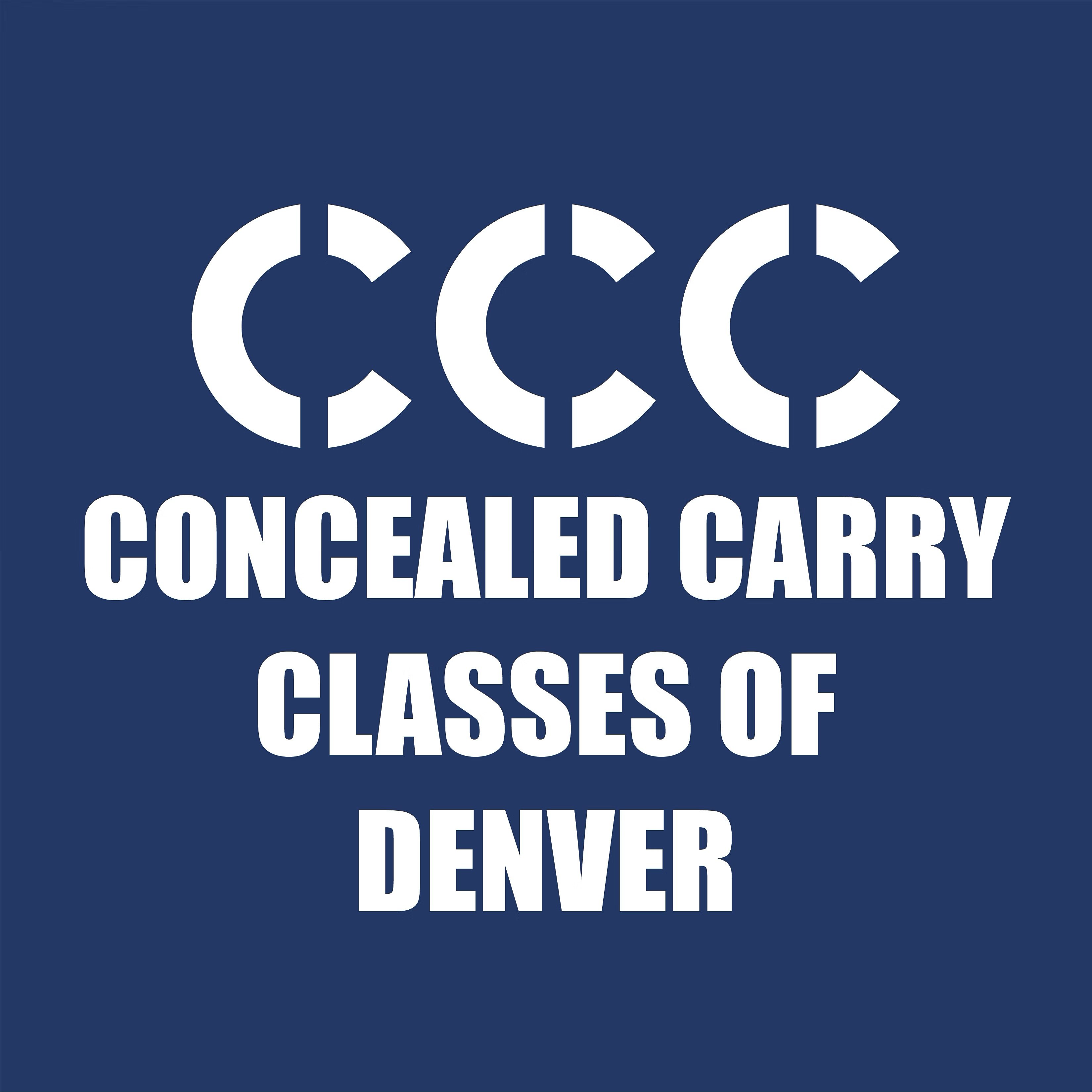Navigating Denver’s New Concealed Carry Laws: A Guide For Gun Owners
Denver’s enactment of the new municipal code, Section 38-131, represents a significant shift for concealed handgun permit holders and gun owners. This legislation, a response to former Mayor Michael Hancock’s 2022 initiative to combat gun violence, broadly prohibits the concealed carrying of firearms in public parks and any buildings or land owned or leased by the city and county of Denver. With its passage by a 9 to 3 vote in the city council, understanding the full scope and implications of this law is crucial for permit holders and gun owners.
Understanding the Law’s Extensive Reach
The ordinance’s broad scope includes all city-owned or leased buildings and land, notably encompassing public parks. This expansion significantly affects areas where permit holders were previously allowed to carry firearms.
Deciphering the Boundaries
For concealed handgun permit holders, this new law changes the landscape dramatically. Areas that were once routine parts of daily life, such as public parks and city facilities, now fall under strict no-carry zones. Understanding these boundaries is critical to avoid unintentional legal breaches.
Exceptions and Affirmative Defenses
Despite its extensive reach, the law includes specific exceptions and affirmative defenses applicable to certain groups, including law enforcement officers, active-duty military personnel, licensed security guards, and those with authorization at police shooting ranges.
Transportation of Firearms
The law permits the transportation of unloaded firearms within private vehicles for hunting or personal protection, a provision crucial for gun owners who engage in these activities.
The Impact on Permit Holders
The introduction of this law necessitates a significant adaptation for permit holders. The changes affect where you can legally carry a concealed firearm, with non-compliance leading to financial penalties.
Balancing Legal Compliance and Personal Safety
Permit holders must now navigate the complex balance between adhering to the new legal framework and maintaining personal safety, especially in emergencies where quick response is vital.
Enforcement and Potential Penalties
Violations of the ordinance are treated as non-criminal infractions, similar to parking violations, with fines ranging from $50 for a first offense to up to $999 for subsequent violations. While not criminal charges, these fines represent a substantial financial consideration.
Essential Strategies for Permit Holders
- Stay Informed: Keeping abreast of the specific locations of city-owned or leased properties and public parks where the law is enforceable is crucial.
- Understanding Exceptions: Familiarizing yourself with the law’s exceptions and affirmative defenses is essential to know when and where carrying is permissible.
- Pre-Planning: When traveling within the city, consider your route and activities in light of these restrictions.
- Engage in Advocacy: Participating in discussions with local representatives or gun rights advocacy groups can offer a platform to voice concerns and seek further clarifications about the law.
Analyzing the Law’s Broader Implications
The introduction of this ordinance is part of a larger conversation about gun rights and public safety. While aimed at enhancing safety, it intersects with the rights of lawful gun owners and permit holders, raising questions about effective crime prevention and the impact on law-abiding citizens.
Public Safety Versus Personal Rights
The law reflects an effort to balance public safety concerns with the rights of individuals to carry firearms for personal protection. This balance is a contentious issue, with opinions divided on the effectiveness of such restrictions in preventing gun violence.
The Deterrent Effect
One of the key questions surrounding the law is its ability to deter individuals with intent to commit violent acts. Critics argue that those determined to commit crimes may not be swayed by such restrictions, while supporters believe it to be a step towards safer public spaces.
The Role of Permit Holders in Public Safety
Permit holders often undergo extensive background checks and training, positioning them as responsible members of the firearm-owning community. The new restrictions place additional burdens on these individuals, who are generally law-abiding and knowledgeable about gun safety.
“Personal Decision: To Carry or Not in Restricted Areas”
As a concealed handgun permit holder or gun owner, the decision to carry in the newly restricted areas of Denver, such as public parks and city-owned or leased buildings, poses a significant personal dilemma. While the law clearly prohibits the carrying of firearms in these locations, individuals must weigh the importance of their ability to defend themselves against the risk of receiving a ticket, which, though a non-criminal infraction, carries financial penalties. It’s a decision that involves balancing personal safety with legal compliance. While I can suggest that permit holders might still consider carrying in parks and certain Denver buildings to ensure their own safety, it’s crucial to emphasize that this is not legal advice. Each permit holder must assess their own risk tolerance, the specific circumstances they might encounter, and the potential financial consequences of their decision. It is a personal judgment call, and those who choose to carry in these areas should be fully aware of the law and the implications of non-compliance.
Conclusion
For Denver’s concealed handgun permit holders and gun owners, the new ordinance necessitates a careful reassessment of how and where to legally carry firearms. While the law aims to enhance public safety, it also introduces new limitations on the carrying of firearms in public spaces. Navigating these changes requires staying informed, understanding the law’s nuances, and engaging in constructive dialogue about its implementation and impact.
Disclaimer: The information provided is for general informational purposes only and is not intended as legal advice. The use of this information is at your own risk. For advice on specific legal issues, consult a qualified attorney.


